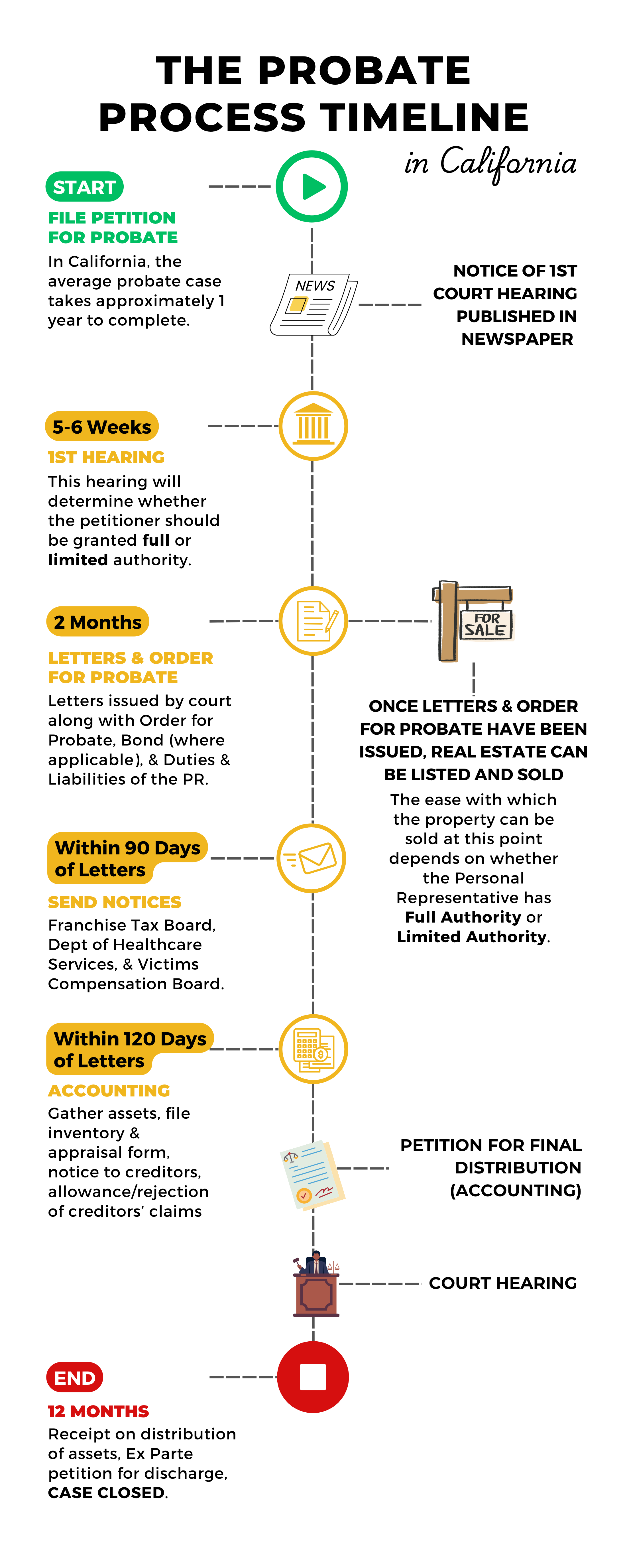What Probate Really Means — and How To Handle It Without Losing Your Mind
If you’re an executor — or about to become one — probate is probably the one word you keep seeing and dreading.
The truth? Probate isn’t always the nightmare people make it sound like — but confusion can make it feel that way fast.
Here’s what probate actually is, when it’s needed, how it works, and what steps you can take to make the process less stressful.
What Is Probate, Really?
Probate is simply the legal process that confirms a person’s assets are transferred to the right people, according to the law.
It also ensures any debts or taxes are handled properly. Basically: the court supervises the transfer so there’s a clear record.
Common Probate Myths — Busted
❌ Myth: “If you go through probate, the state takes everything.”
✅ Truth: Probate doesn’t drain an estate — it just sets the legal steps for who gets what.
❌ Myth: “Probate always takes years.”
✅ Truth: Small, simple estates can often wrap up in a few months. Larger or more complicated ones can drag on if there’s no plan — or if the family fights.
How Do You Know If Probate Is Needed?
Not every estate requires formal probate. Here are a few signs you might need it:
✅ The person owned property solely in their name.
✅ There are significant accounts or valuables without a named beneficiary.
✅ The estate’s value is above your state’s “small estate” limit (in California, that’s around $184,500 as of 2023).
Every state has different rules, so it’s smart to check with a local probate attorney or look up your county’s court site for simple steps.
Can Probate Be Avoided?
Sometimes yes — depending on how things were set up before the person passed.
Common ways to skip or simplify probate:
Living Trust: Assets titled in a trust pass directly to the named beneficiaries.
Joint Ownership: Property owned with someone else often passes automatically to the surviving owner.
POD Accounts: “Payable-on-death” accounts and policies skip probate and go straight to the named person.
Small Estate Affidavit: Many states allow heirs to transfer small estates with a simple sworn statement instead of full probate.
⚠️ Always confirm your state’s current rules and thresholds — they do change.
First Steps If You Think Probate Applies
If you think the estate might need probate, you don’t have to have all the answers on day one. Start simple:
1️⃣ Gather any paperwork you can find — bank statements, account info, real estate deeds.
2️⃣ Make a basic list of debts and bills.
3️⃣ Connect with a probate lawyer if you’re not sure what applies. They’ll confirm what needs filing — and what doesn’t.
Big Takeaway
Probate itself isn’t the biggest headache — it’s the hundreds of side tasks that pile up while you’re trying to manage it.
Accounts need closing. Bills need paying. Belongings need sorting. And families need someone to hold the plan together.
That’s where real support makes all the difference.
Need Practical Help?
If you’re handling an estate and feeling overwhelmed, you don’t have to figure it all out alone.
Book a free Clarity Call
We’ll make a clear plan — so you can handle this without second-guessing every step.


